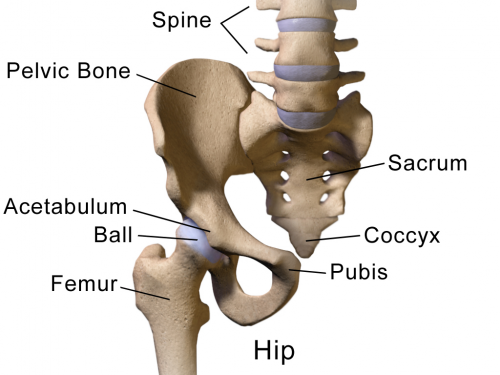Revolutionizing Genetic Research: Google's 'DNA Search Engine' for Rapid Data Access

ETH Zurich has introduced MetaGraph, a groundbreaking DNA search engine that enables rapid, full-text searches across petabyte-scale genomic databases, accelerating genetic research and disease understanding.
Researchers at ETH Zurich have developed an innovative digital tool that functions like a search engine for genetic data, enabling rapid full-text searches across vast DNA and RNA databases. Named 'MetaGraph', this technology allows scientists to query raw genomic data stored in central repositories such as the American SRA and European ENA, which collectively hold around 100 petabytes of information, comparable to all internet text combined. Traditionally, exploring these enormous datasets required significant computing resources and time-consuming downloads, limiting efficiency in genetic research.
MetaGraph transforms this process by indexing and compressing the data using complex mathematical graphs, making it possible to locate specific sequences within seconds or minutes—akin to a 'Google for DNA'. This approach significantly reduces costs, with larger queries costing no more than 0.74 dollars per megabase, and offers high precision and efficiency. It supports accelerating research on lesser-known pathogens, emerging pandemics, and antibiotic resistance genes by making previously inaccessible data readily searchable.
Since its initial presentation in 2020, MetaGraph has been continuously refined and now indexes nearly half of the globally available sequence datasets. The tool's scalability and open-source availability promise to widen access, potentially enabling private individuals to identify plant species through DNA or assist pharmaceutical companies in internal research. Ultimately, MetaGraph's approach not only expedites genomic research but also enhances our ability to respond to global health challenges more swiftly.
For further details, see the full study in Nature: Mikhail Karasikov et al, "Efficient and accurate search in petabase-scale sequence repositories" (2025). source: https://medicalxpress.com/news/2025-10-google-dna-enables-rapid-full.html
Stay Updated with Mia's Feed
Get the latest health & wellness insights delivered straight to your inbox.
Related Articles
Polio Resurges in Papua New Guinea, Highlighting Challenges in Global Eradication Efforts
The WHO has declared a polio outbreak in Papua New Guinea caused by vaccine-derived virus, emphasizing ongoing challenges in global eradication efforts and the importance of high vaccination coverage.
Call for Stricter Sperm Donation Regulations After Discovery of Cancer-Causing Genes in Donors
Experts call for improved regulation and genetic screening of sperm donors across Europe to prevent the transmission of cancer-linked genes to children, ensuring safer assisted reproductive practices.
Questioning the Reliability of FDA-Approved Metrics for Rectal Cancer Drug Effectiveness
A new study questions the reliability of the FDA-supported metric, pathologic complete response, used to evaluate the effectiveness of rectal cancer treatments, suggesting it may not predict long-term survival.
Testosterone Gel Shows No Additional Benefits for Women Recovering from Hip Fractures, Study Finds
A recent clinical trial found that testosterone gel does not significantly improve overall recovery in women after hip fractures, highlighting the importance of exercise in rehabilitation efforts.



